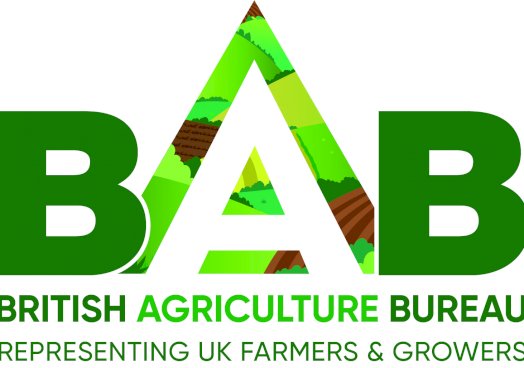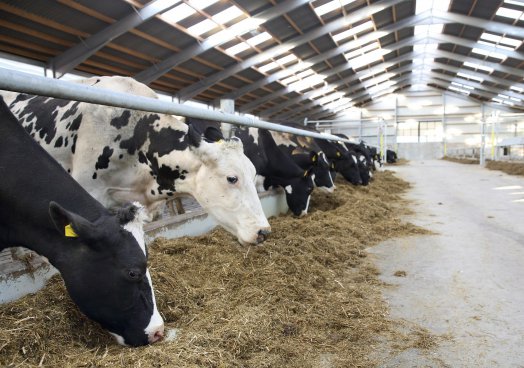
Ukraine
- Ukraine is entering the critical period for the planting of spring crops and whilst it is unlikely that the “normal” area will be planted due to disruption, Farmers have begun to sow spring crops in 20 of Ukraine’s 24 oblasts or regions. Production will be dependent on the impact of Russian activity in rural areas, the availability of much needed inputs, and some shifts are expected in planting plans towards more oilseeds and food crops.
- The main challenges — especially in conflict zones or occupied territories — is to ensure food processing plants can continue operating and food can still be transported and delivered. Ukraine plans to transport and export more via Poland to the Baltic Sea, but this is not without logistical difficulties e.g. different rail gauge sizes.
- The EU has adopted its fifth round of sanctions against Russia – The agreed package includes a series of measures intended to reinforce pressure on the Russian government and economy, and to limit the Kremlin’s resources for the aggression.
Review of the Industrial Emissions Directive
The Commission presented proposals on 5 April to update the Industrial Emissions Directive (IED) that will bring more of the livestock sector into the scope of the rules controlling pollution. The proposal covers the rearing of cattle, pigs or poultry in installations of 150 livestock units (LSU) or more, as well as the rearing of any mix of the following animals: cattle, pigs, poultry, in installations of 150 LSU or more. The proposals also lay down further requirements concerning specific permitting procedures suited to the sector and operating rules for livestock farms that would take into consideration the nature, type, size, density as well as complexity of these installations and allow to establish proportionate requirements for different farming practices.
EU Agriculture Ministers support Carbon Farming Initiative
Last week EU Agriculture Ministers supported the tabling of a legislative proposal to establish a certification framework for carbon removals, at the end of this year. They also pushed for an economic value to be attached to practices that increase carbon removal and storage based on scientifically proven measurement requirements. These practices may include the planting hedges or trees, growing legumes, using catch crops and cover crops, practising conservation agriculture and maintaining peatlands, and for forestry, afforestation and reforestation.
Commission U-turns on creation of EU wide Protein Strategy
The Commission is understood to be considering an EU-wide strategy for boosting the EU’s plant protein production – just days after rebuffing calls to do so from EU governments. The Ukraine crisis has put a spotlight on the EU’s dependence on imports for protein-rich animal feed.
French pigmeat package and EU PSA scheme
The European Commission has approved a French national aid worth €175m, designed to support pigmeat producers affected by the pandemic. The financial assistance will take the form of exceptional compensation paid to small and medium-sized pig farms. It will not exceed €290,000 per beneficiary and will not be granted after 30 June 2022.
Since the EU opened its Private Storage Aid for pigmeat, Member States have applied to store over 14,000 tonnes of product. This is significantly less than was applied for under previous schemes during a similar time frame. Operators have until 29 April to apply for PSA.




